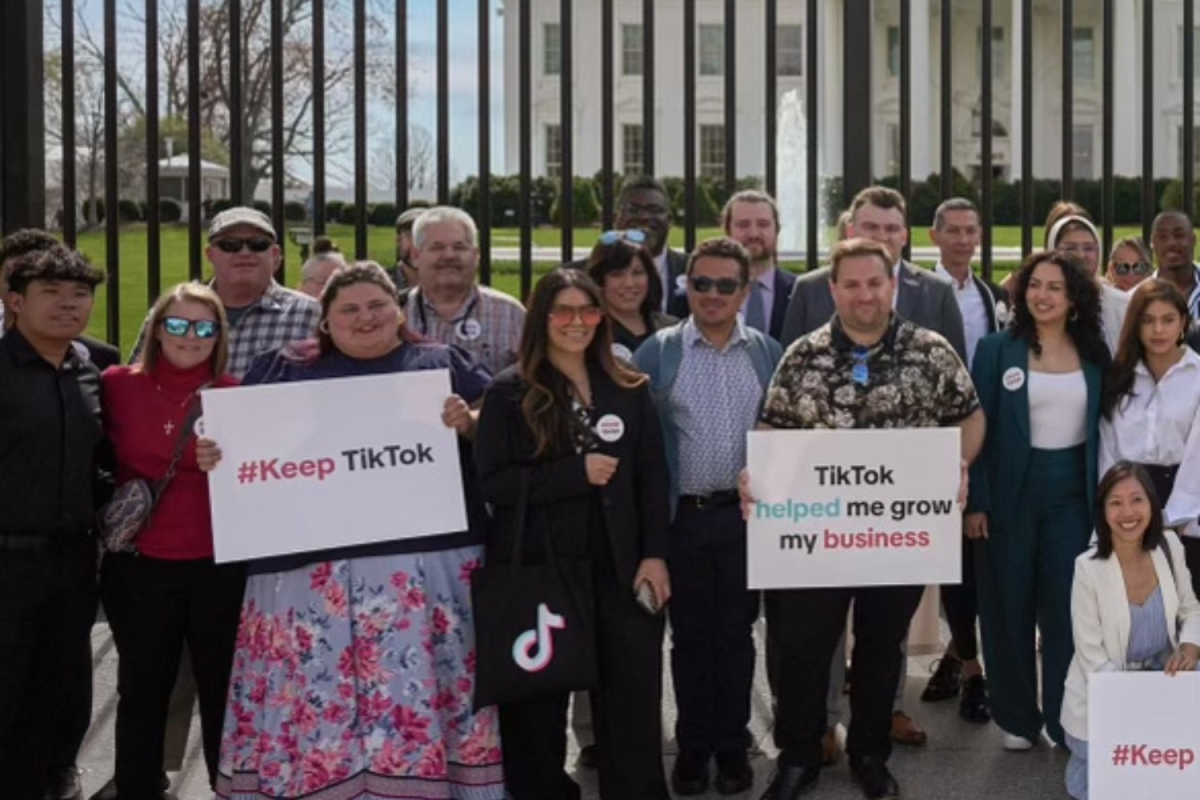TikTok is a social media platform that was introduced to the world in September 2016. Since its release date, the app has blown up, becoming one of the most popular forms of social media. While TikTok has become an important news and drama outlet for many young generations, not everyone celebrates the app’s presence.
The U.S. government has openly disliked TikTok, even going as far as to try and ban the app in 2020 for its Chinese connections. While the attempted ban in 2020 didn’t last, the one proposed today holds more strength. A bill passed through the house on Wednesday, March 13, would force the owner of TikTok to either sell the app or have it banned in the United States.
The context behind this decision is national security; it is believed that TikTok could steal information from its users as the app comes from the Chinese parent company ByteDance. As a result, the government has decided that the best way to protect national security is to have the app sold or banned.
As part of the decision, Congress brought in Shou Chew, the owner of TikTok, to question him. After five hours of testimony and questioning, the future of TikTok does not seem bright. Former tech advisor for the Biden administration Lindsay Gorman stated, “The future of TikTok in the U.S. is definitely dimmer and more uncertain today,” after Chew’s questioning.
However, the U.S. government isn’t the only one with an opinion on the potential TikTok ban. Since the ban news was released, TikTok users have flooded Congress with calls, forcing some offices to shut off phones. This outburst was caused by the app encouraging users to “Stop a TikTok shutdown” by contacting their representatives. Not only this, but groups of TikTok content creators also rallied on Capitol Hill, holding signs advocating for TikTok and highlighting its helpfulness when establishing a small business.
While TikTok does have many supporters, many generations would like to see the app’s downfall. However, the future of TikTok stays undetermined for now.

